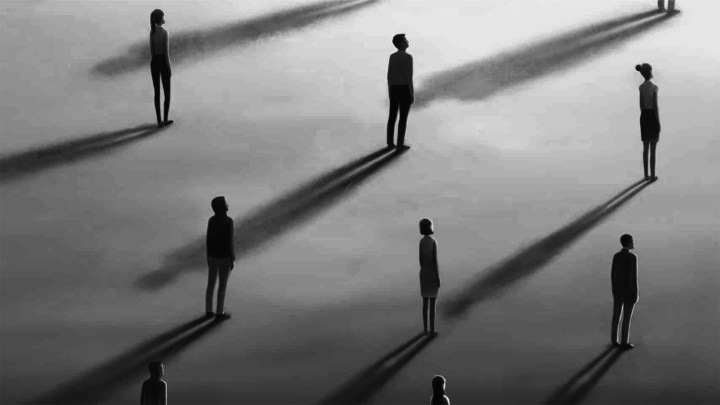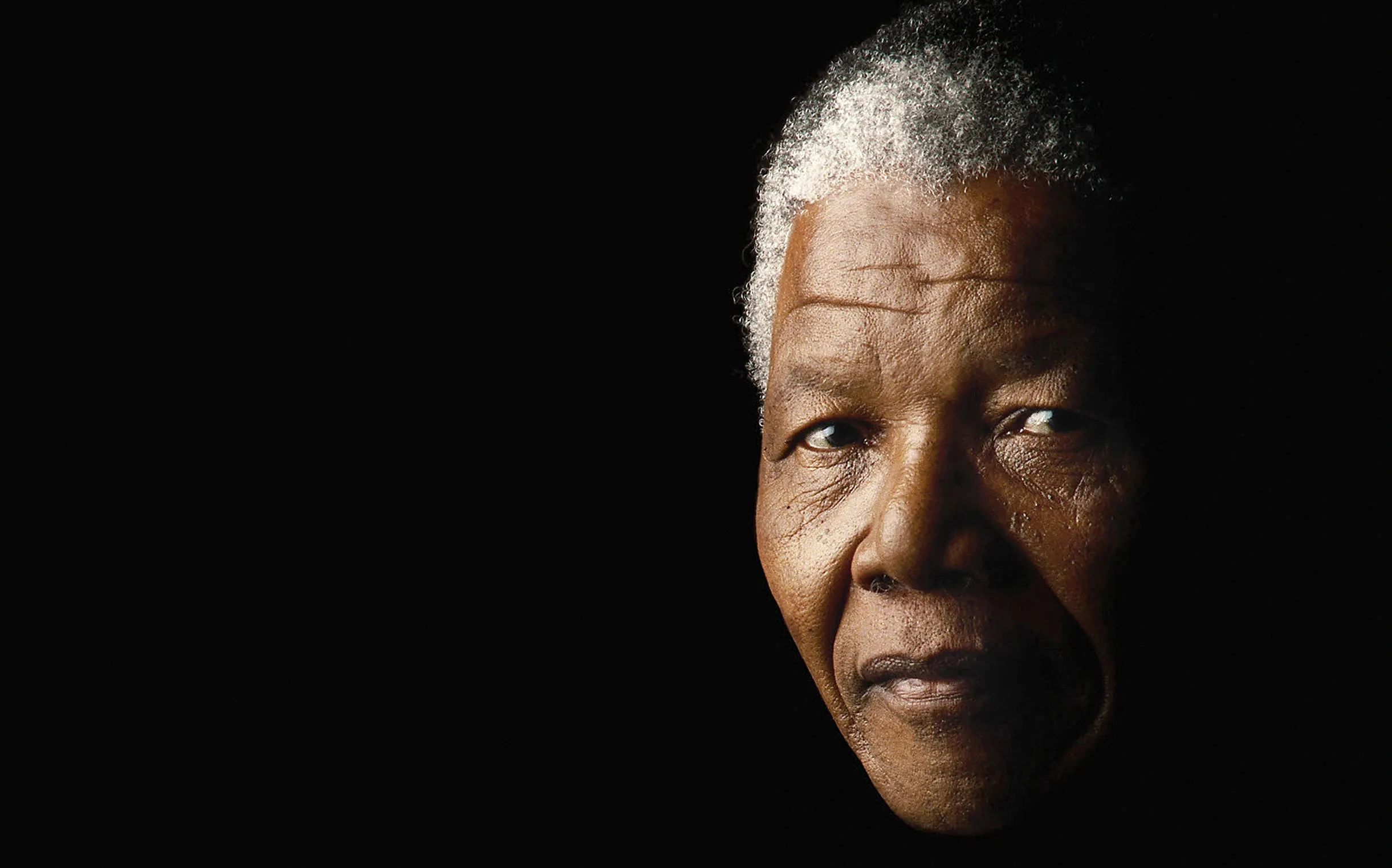HEALTHCARE OP-ED
To overcome South Africa’s mental health crisis, we need to focus on building belonging

Belonging means connection not only in terms of people, but also place, power and purpose. Belonging comes not only through community, but also through rootedness in a place we call home, feelings of ownership in shared outcomes, and — as Mandela embodied — a sense of shared purpose.
When the global health nonprofit Sapien Labs released its annual Mental State of the World in 2022 report — which tracks levels of stress and wellbeing globally — South Africa ranked as the most distressed country in the world.
This might seem unsurprising. South Africans are facing a deluge of challenges, from the teetering electricity supply to healthcare worker strikes to poverty to extreme inequality and polarisation.
The history of South Africa – including the ways apartheid destroyed family structures and entrenched inequalities – has left the country especially vulnerable to mental and emotional health challenges.
Still, South Africa isn’t alone.
While the country faces a unique set of issues, the entire world is facing an upheaval in terms of mental health right now. The crux of today’s global mental health crisis can be summed up in a single word: isolation. Yet there’s another word — belonging — that points the way to solutions.
In May, the United States Surgeon General, Dr Vivek Murthy, declared that his country faces an “epidemic of loneliness and isolation”. The UK government now has a “minister for loneliness” who recently reported on how social isolation is driving a range of health issues, including cardiovascular disease, dementia, stroke, depression and anxiety.
While the pandemic created a heightened experience of loneliness throughout South Africa, the challenges run deeper than a period of enforced shelter-in-place or social distancing. South Africa was recently identified as the world’s most internet-addicted country — with the average user spending at least 9.5 hours a day online in 2022.
Ubiquitous social media, always-on entertainment, delivery services that replace neighbourhood stores, and now AI chatbots, don’t just reduce social engagement — they can contribute to an illusory sense that we don’t need other people any more.
How do we transform the modern crisis of isolation?

Nelson Mandela. (Photo: Greg Bartley / Scanpix. Lyd: Nelson Mandela 1964, National Archives of South Africa.)
Twenty years ago, I had a brief conversation with Nelson Mandela that pointed to an answer.
Madiba explained to me that he was “never isolated”, even over decades as a political prisoner. He told me: “On Robben Island, we were all brothers working together with a common purpose. I was never alone.”
Over the past several years, I conducted more than 150 interviews with experts from medicine, politics, psychology, arts and social movements on the meaning of isolation and belonging.
Their perspectives shone a light on the paradox in Madiba’s story: that someone could be almost totally disconnected from their loved ones and their livelihood and still maintain this unshakeable belonging.
Through their perspectives, I came to this realisation that belonging is so much more than how we often conceive of it.
Belonging means connection not only in terms of people but also place, power and purpose. Belonging comes not only through community, but also through rootedness in a place we call home, feelings of ownership in shared outcomes, and — as Mandela embodied — a sense of shared purpose.
There are specific policy ideas that can bolster belonging.
South Africa’s deputy president, Paul Mashatile, has rightly pointed to the importance of community-based mental healthcare. To further this vision, leaders should consider investing in initiatives like the Friendship Bench, a programme that transformed mental healthcare in Zimbabwe by training and employing older women in evidence-based talk therapy, which they then deliver to people on park benches in their communities.
The programme builds belonging through reciprocity: As the women, who are known as grandmothers, care for others, they feel a sense of meaning and mission for themselves. It’s a circle of caregiving. And it’s a way to cultivate the kind of resilience through shared purpose that Madiba embodied.
As South Africa implements its new five-year mental health policy, government leaders should look at the work ahead through the prism of belonging. This could mean making tough political decisions like regulating social media firms or setting higher funding levels for mental healthcare.
Yet it also means investing in programming focused on cultivating connection and shared purpose — whether that’s employing people to launch creative programmes for youth in need or building a corps of young workers to install solar energy to transform the power grid and enhance sustainability.
Appointing a responsible official — like the model of the UK’s Minister for Loneliness — is one useful approach for how to coordinate public action.
In my recent book, I highlight the work that several South African nonprofits and social movements are doing in fields from education to homelessness to gender equity, based on this same essential vision.
We’re living in a global age of isolation. The crisis is especially serious here. Yet — through hard-won experience — this country understands the power of human resilience.
The key is to focus on belonging. DM
Kim Samuel is a Visiting Research Fellow at Green Templeton College, University of Oxford, and founder of the Samuel Centre for Social Connectedness. She is the author of the book On Belonging: Finding Connection in an Age of Isolation (Abrams Press).



















Comments - Please login in order to comment.